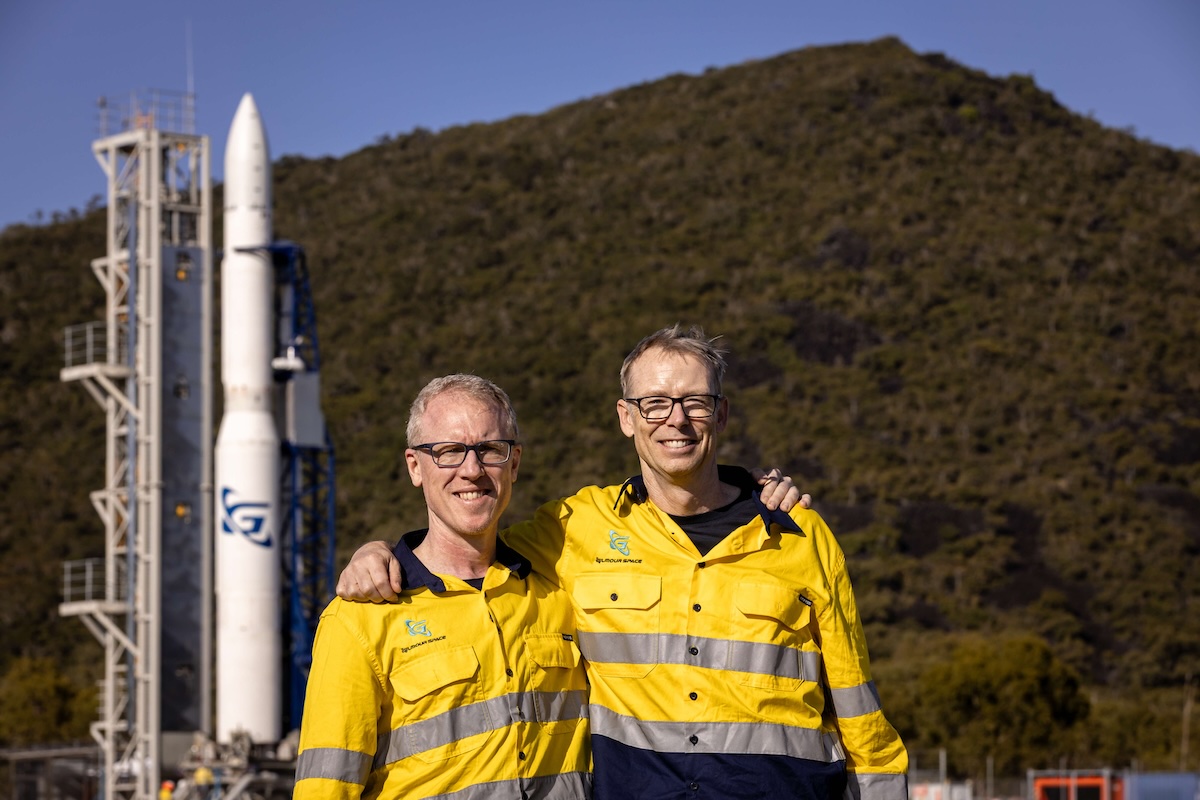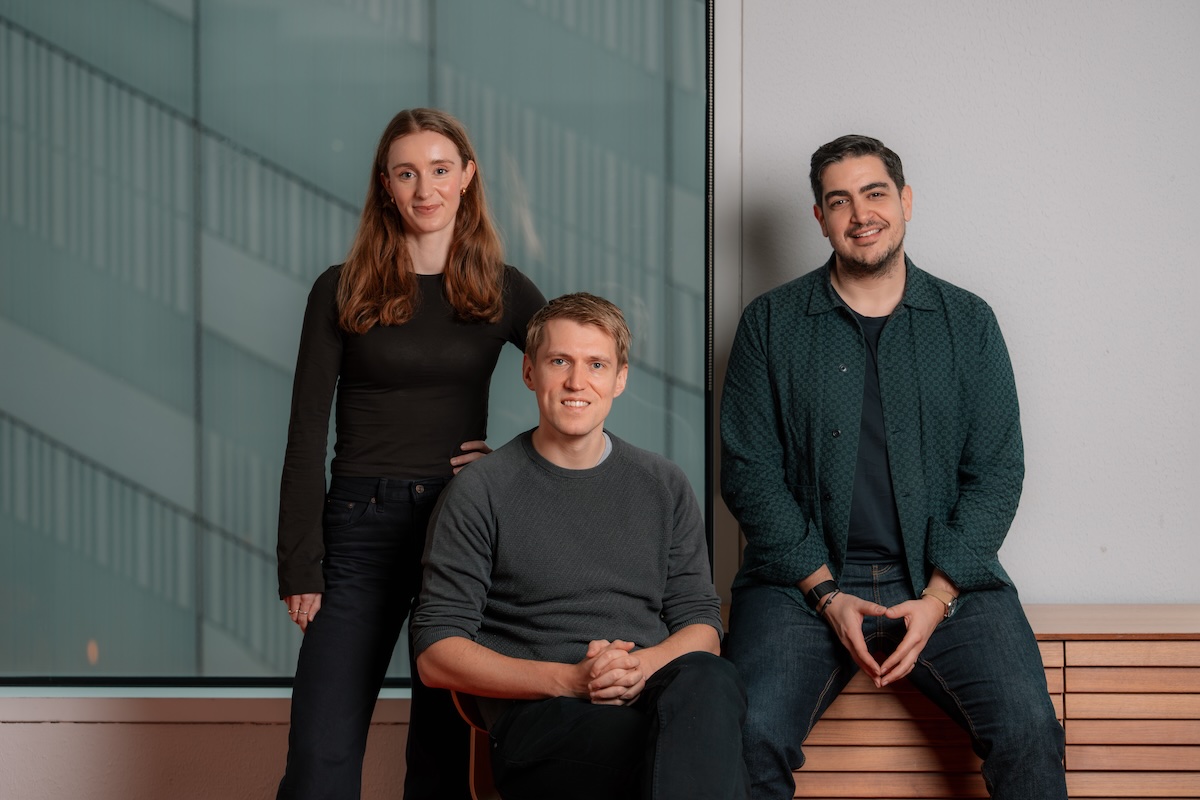
Investing in More Women Founders
Over the last 9 months, close to 40% of the companies that pitched our Investment Committee, and a third of the companies we invested in had at least one woman on the founding team. Today we’re publishing for the first time our data on how we’re doing at investing in more women founders. We’re also committing to doing this on an ongoing basis, because we believe this kind of transparency is only going to make us better.
Why?
At Blackbird, we live to back generational founders. And we want to make our kids proud in the process.
Over the past 10 years, we’ve been fortunate to invest in many women founders whose technologies are changing the world - including Mel’s democratisation of design, Flavia’s satellites, Lauren + Mel's manager-uplift tools, Sam + Jenny's network for employee experience leaders, Lucy + Heidi's modern mentoring platform, Lauren's ethical data play for engineering teams, Alex's construction staffing tool, Khyati and Kate's fair hiring platform, Jeka’s nano-printers, Elise's neurological innovations, Sadaf's stroke-preventing applications, Neala + Helena’s chronic pain-management community and program, Christine’s productivity enhancing tools, Laura and Erica’s efforts to bring cyber security to all; Kat’s sci-fi storyverse, Lucy + Michelle’s radically inclusive platform for creators, Holly’s disruptive e-commerce platform, Shama’s alt-proteins, and Jess’s true carbon accounting tool.
As proud as we are to have backed these founders, we all know there’s a massive imbalance in funding for women-led businesses. Globally, as little as 13% of early stage venture funding goes to women-led or even women co-founded startups - and the figures are much worse for women of colour founders. In Australia, on average 19% of deals and 16% of all funding over the past 3 years went to women-founded or cofounded businesses. The headline is: it’s not good enough.
You don’t have to care about the moral case for equity to see this as a problem for venture and tech in general:
- Demography is uncorrelated with potential to found a generational company.
- The technology we build shapes the world we live in. Tech imagined and built by a wider cross section of our community will meet the needs of more of the world’s population. That’s a win for inclusion, but also for growth.
- What we see in the world - and who we see doing what in the world - shapes our ideas about ourselves and our potential. A lack of diversity subtly constrains the ambitions of young people making choices about where they want to do their life’s work.
Our founders reinforce Blackbird’s conviction that the funding imbalance is a problem we want to solve for ourselves, and hopefully contribute to fostering a richer ecosystem for the next wave of wild hearts.
Over the past few years we’ve worked on building a more diverse team ourselves through the use of Applied (currently more than half of the Blackbird team and 40% of the investment team identifies as female). We’ve also experimented with our pitch processes to reduce the risk of bias by introducing structured scoring processes, and collecting everyone’s views in written form before the discussion to encourage healthy debate.
But last year we decided to step up our efforts, particularly on data, and turned our commitment in this area into an OKR that we report back to the whole team on every month.
Today we want to share how we’re tracking. We believe that transparency drives better outcomes, even if (especially if) it is uncomfortable.
Before we do, we want to acknowledge that our data are most complete on gender, but patchy on non-binary founders. We have richer data on the diversity of those who participate in our programs (and we’ll come to that), but haven’t yet nailed how to collect the data – and therefore measure the broader diversity – of our overall investment pipeline.
We acknowledge this is a big gap, but felt that starting somewhere was better than not starting at all.
Our baseline and goal
In mid-2022, we analysed our funds and found that 22% of the companies we’d invested in over the previous 10 years had at least one female founder.
Last year, we set our first stretch goal: For 40% of the companies we bring into our Investment Committee pitch to have at least one female or non-binary founder.
Our goal centres on founding teams not founders overall. We think that’s the right unit to focus on, since the bulk of the data on why demographic diversity pays dividends is that it increases the range of perspectives at the table, and that translates into gains in the quality of decision-making of a group. This is particularly true for complex problem-solving and innovation-based work, which is what building a company is all about.
Our progress
In the first 9 months (from July 2022 to March 2023) since starting to track our data more closely, 37% of the companies that pitched to the Investment Committee had at least one woman on the founding team. That number roughly matched up with the profile of companies that we met overall (40%).
But that hasn’t fully translated into the same percentage of investments: 33% of the companies we invested in had a woman founder (several had only women founders). It’s worth noting that we make relatively few investments (this data covers just 15 companies), so 1 extra investment would have resulted in a ~5 percentage point swing.
NB due to small sample sizes, we have not included non-binary founders.
To put this in comparison with benchmarks:
Investing in better
While we’re proud to see uplifts compared to our historic and external benchmarks, this work is ongoing. To make a system-wide impact, we need to continue supporting a more diverse and inclusive ecosystem.
Blackbird and Startmate together run a host of programs designed to foster a vibrant tech community across Australia and Aotearoa. From Giants (Blackbird’s idea-stage founder program), Wild Futures (Blackbird’s founder program for researchers) and Protostars (Blackbird Foundation’s micro-grants program for young people), to Startmate’s Accelerator, First Believers program for angel investors, and its suite of Fellowships (including the Women Fellowship) aimed at drawing great operator talent into startups.
On average, over half (54%) of the successful participants in our programs identify as female or non-binary.
Interestingly, we start to see some drop off as you isolate the programs targeting founders, rather than those looking to join or explore startups. But it’s still better than might be imagined: 36% of the participants in those founder programs identify as female or non-binary. On average over the last five Startmate Accelerator cohorts, 42% of the founding teams have one or more women in the founding team. In the last two cohorts, that’s averaged 50%.
If we look right at the top of the pipeline at our Protostars program, which supports young people with creative ideas - the stats look even more promising. We have richer data on those cohorts, including across more dimensions of diversity. Here’s what the latest season’s applicants identified as:
This demonstrates the potential for a far more diverse set of creators and entrepreneurs in the future, if we can continue to work on making an inclusive ecosystem that retains this talent.
What we’re committing to
Today we are committing to:
- Annually publishing our data and sharing our learnings.
- Continuing our focus on making our investment process work for all founders, including doing the AllySkills training program as a team.
- Collaborating with other VCs, incubators, community leaders and government partners who care as much about these issues as we do. Some initiatives we’re excited to support this year include Beyond the Billion, the Scale Investors’ EmpowerEd program, Women in VC Down Under, WinVC, and NiceTo’s diversity mapping project.
- Continually stretching out our goals, and committing to finding a founder-friendly way to broaden our diversity metrics to go beyond gender.
Of course, we’re in the business of investing, so one of the most direct and powerful ways we can make a difference is backing technologies designed to address equity in workplaces. We’ve done that in the past by investing in companies like Culture Amp, The Mintable, Applied, Multitudes, Excellent, and Mentorloop, and hope to do more of it in the future.
If you’ve got a startup idea you’re looking to pitch, we’d love to hear from you.
With sincere thanks to the following founders and DEI leaders who contributed to this blog: Flavia Tata Nardini (Fleet Space), Khyati Sundaram (Applied), Lauren Peate (Multitudes), Aubrey Blanche-Sarellano (Culture Amp), Iris Bohnet and Siri Chilazi (Harvard), Carol Schwartz (Trawalla).



.webp)






.avif)


